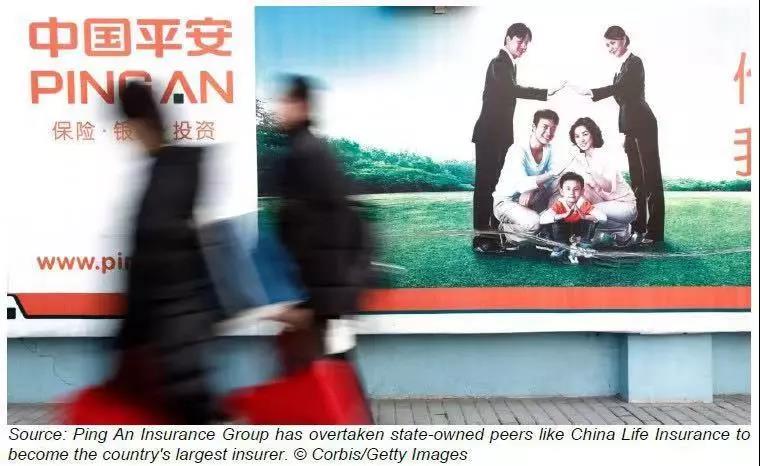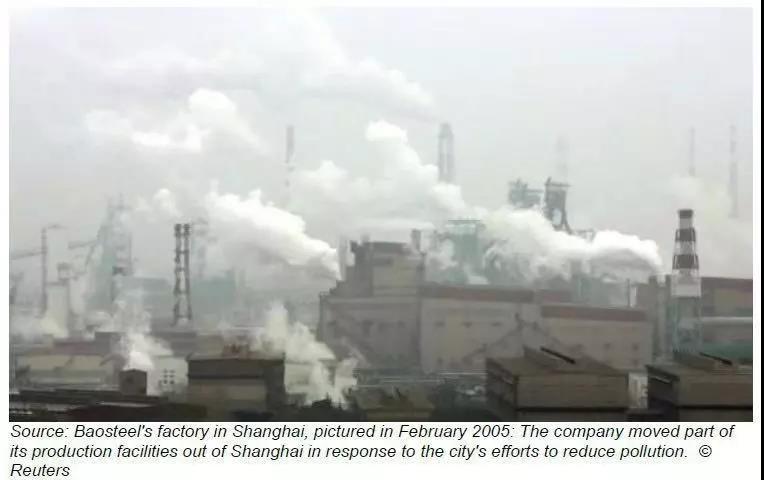Edward Tse

Debunking Myths on Chinese SOEs
Original published by Nikkei Asian Review titled “Chinese SOEs are Focused on Business, Not Politics” on September 13, 2019. All rights reserved.
In the eyes of some politicians and media in the West, Chinese state-owned enterprises are little more than corporate vehicles for carrying out Beijing’s policy agenda. This perspective has led to calls to restrict SOEs’ investments and acquisition of other companies and technologies.
This is a shortsighted view. Although I am from Hong Kong, not mainland China, and am not a member of the Communist Party, I have served at different times as an independent board director at four Chinese SOEs since 2006: Shanghai Pharmaceuticals Holding, Baoshan Iron & Steel (Baosteel), the holding company of carmaker SAIC Motor, and currently, China Travel Service (Holdings) Hong Kong.
In inviting someone like me to join their board, these companies sought an external perspective to help ensure proper governance. At no point before or during any board meeting was I ever asked to vote a certain way. No one tried to interfere with my professional judgment on what would be good for the companies.
In all these years of board meetings, I cannot recall any discussion that centered on serving a certain political agenda. Rather, the discussions were inevitably about business. Just as with a large Western company, the talk was of revenue, profit, market share, cash flow and returns on investment and how to improve them.
Of course, government policy would at times be a matter for discussion. Beijing has for some years been pushing through a consolidation of the steel sector, for example, so that inevitably surfaced in deliberations when I was a director at Baosteel.
It is also important to note that Chinese SOEs are far from uniform in their governance or outlook. For companies involved in sectors that touch on national security, discussions about the government’s agenda would be much more natural than in consumer-focused sectors like travel and autos.
Other SOEs are tasked with providing public services, such as infrastructure, health care and education. Notably, their evaluation of projects is generally based more around addressing utility for the public than a simple internal rate of return.
In open sectors like retail, consumer goods or pharmaceuticals, however, Chinese SOEs have to survive in perhaps the world’s most intensely competitive market.
Many of these SOEs feel they are falling behind their private-sector peers in innovation and are under pressure to catch up or collaborate with them. They are particularly concerned with whether they can continue to effectively compete as China opens up more sectors to private-sector participation, especially by foreign companies.
Even in sectors like banking and insurance where SOEs traditionally held unshakable positions, they are no longer immune to competition from the private sector. Consider how Alibaba Group Holding affiliate Alipay and Tencent Holdings’ WeChat Pay now dominate online payments. With a focus on adapting technology, Ping An Insurance Group has overtaken state-owned peers like China Life Insurance to become the country’s largest insurer.

Chinese SOEs do enjoy some advantages because they are owned by the state, but this is most true in sectors involving national security or public infrastructure, like energy and telecommunications. In such cases, the SOEs’ ownership of key assets and their protected operating franchises are somewhat comparable to those of public monopolies like water companies or postal services in Western countries.
A number of them, such as telecommunications infrastructure company China Tower, also benefit from having other SOEs as their main clients.
Local governments in China also tend to favor purchasing from SOEs based in their region as a means of supporting them as significant area employers and taxpayers. This can come into play, for example, with orders for official vehicle fleets.
Further, state companies have long had a significant advantage in getting access to bank credit from the SOE-dominated banking system but this has been changing.
According to Moody’s Investors Service, SOEs accounted for 52.6% of outstanding bank corporate lending as of Dec. 31 even though they have been generating less than 40% of overall output.
But after President Xi Jinping declared private enterprise to be an essential part of China’s economic system late last year, the country’s financial regulators pledged to widen access to credit and financial support for the nonstate sector.
These changes are taking time to implement, but policy is headed in the right direction and technology is helping to take the place of ownership in assessments of the creditworthiness of individuals and small businesses.

Chinese SOEs also carry social burdens much more often than private companies. As an SOE, Baosteel had to invest considerable time and effort to address the labor and community impact when it shut down older factories in urban areas to move to cheaper locations.
Until now, China’s parallel structure of SOEs and privately owned companies has largely worked well. As a whole, this duality has been a source of resilience for China, not a drag.
Yet officials in Beijing have identified reform of state-owned enterprises as an imperative. Of late, this effort has focused on diversifying the shareholding of many SOEs. This has included the introduction of private capital in some cases.
To make mixed ownership reform a success will require the establishment of proper corporate governance structures and principles. The role of the state agency that oversees SOEs will have to shift over time from direct control to being one among a number of shareholders. These changes will help SOEs to be able to compete effectively in China’s fast-changing and increasingly innovation-driven environment.
About the author:Dr. Edward Tse
CEO of Gao Feng Advisory
Dr. Edward Tse is founder and CEO of Gao Feng Advisory Company, and a founding Governor of Hong Kong Institution for International Finance. One of the pioneers in China’s management consulting industry, he built and ran the Greater China operations of two leading international management consulting firms for a period of 20 years. He has consulted to hundreds of companies, investors, start-ups, and public-sector organizations (both headquartered in and outside of China) on all critical aspects of business in China and China for the world. He also consulted to the Chinese government on strategies, state-owned enterprise reform and Chinese companies going overseas, as well as to the World Bank and the Asian Development Bank. He is the author of several hundred articles and four books including both award-winning The China Strategy (2010) and China’s Disruptors (2015) (Chinese version of 《创业家精神》).

